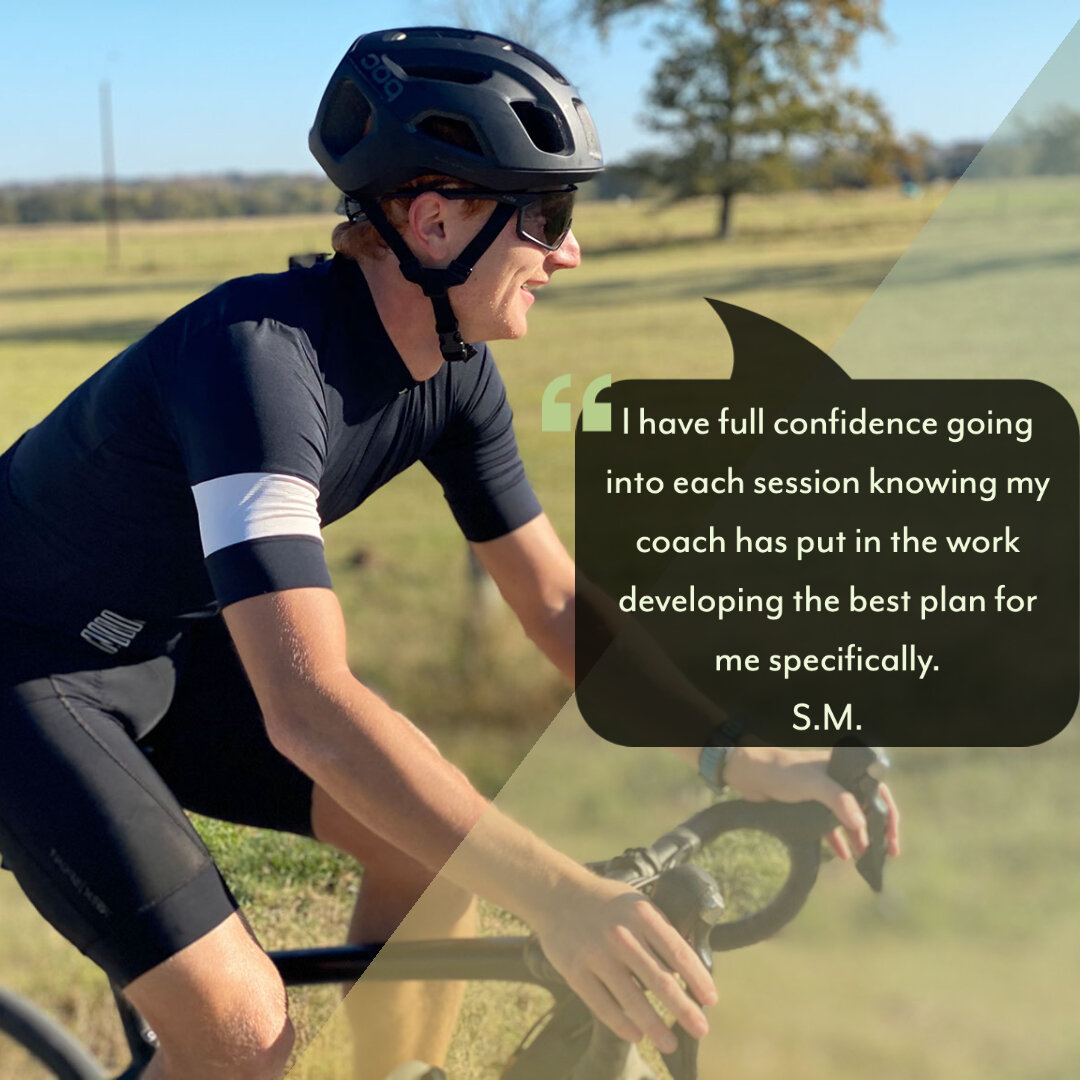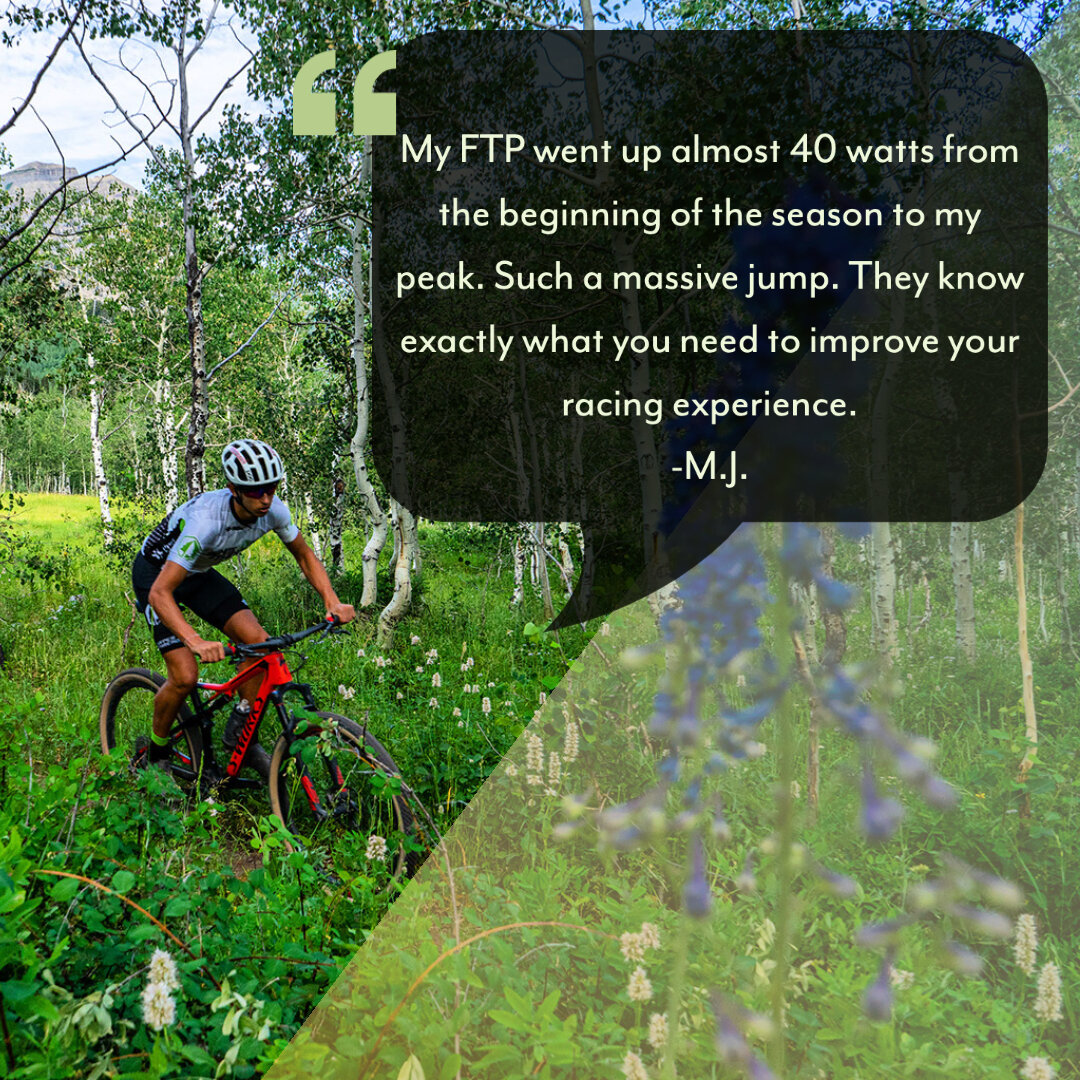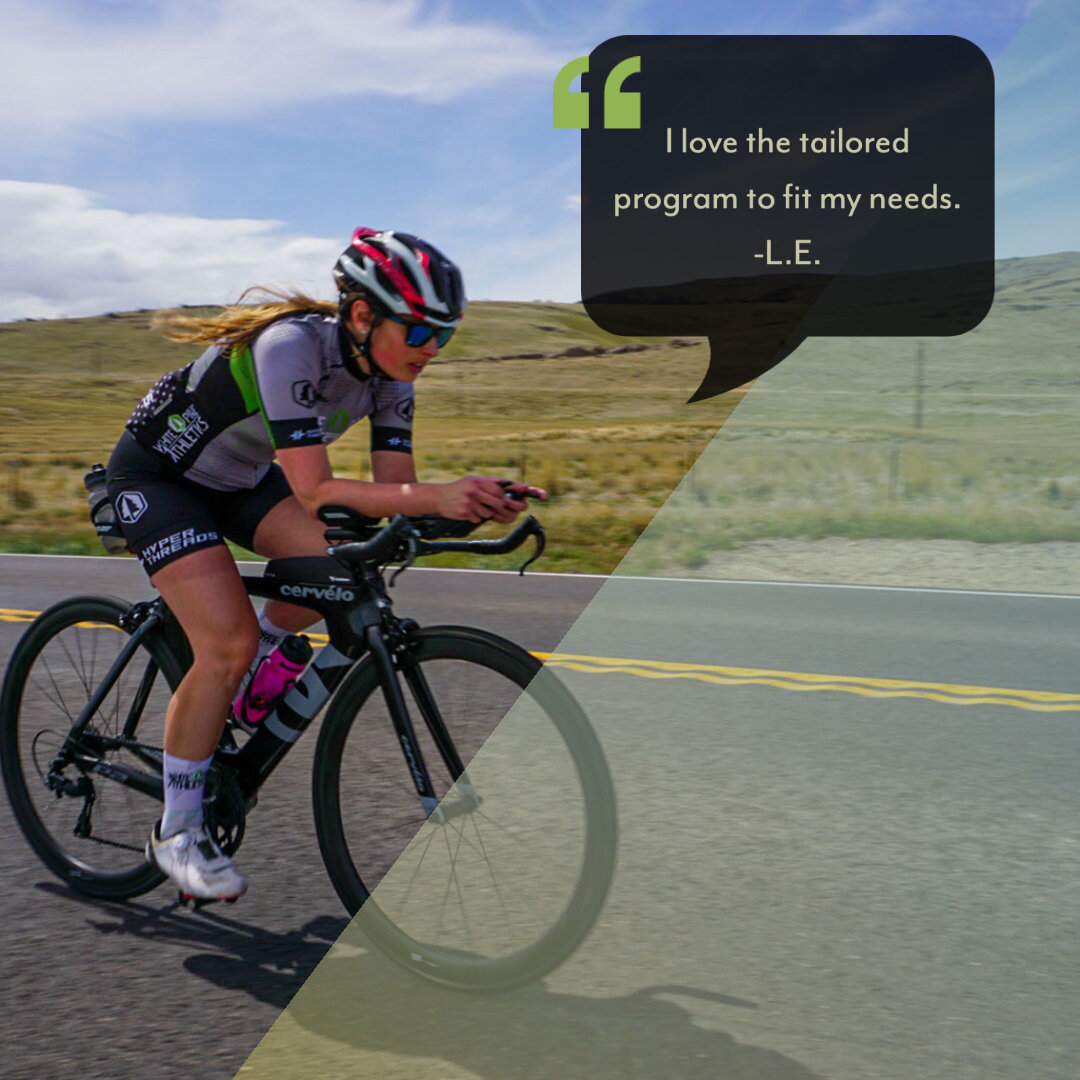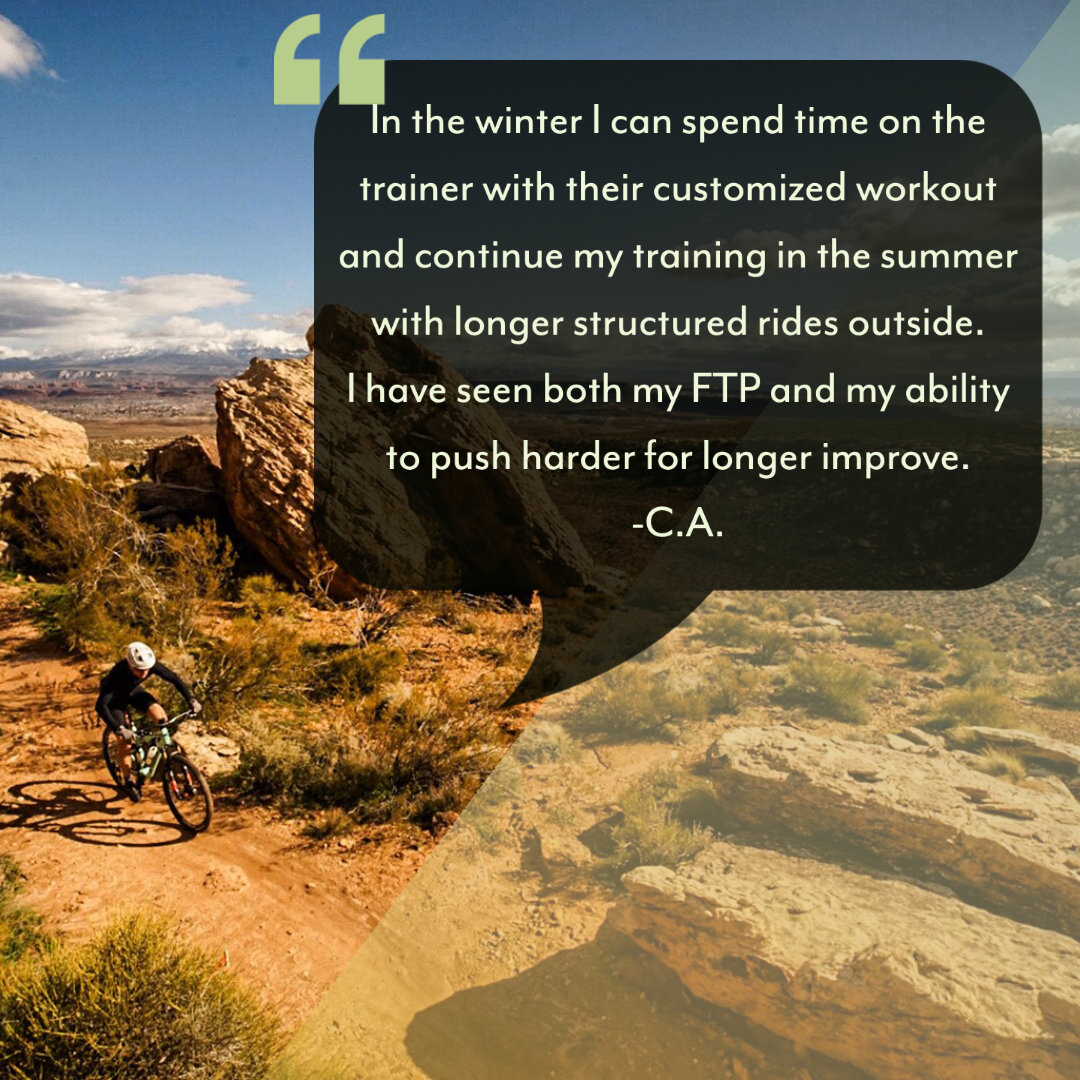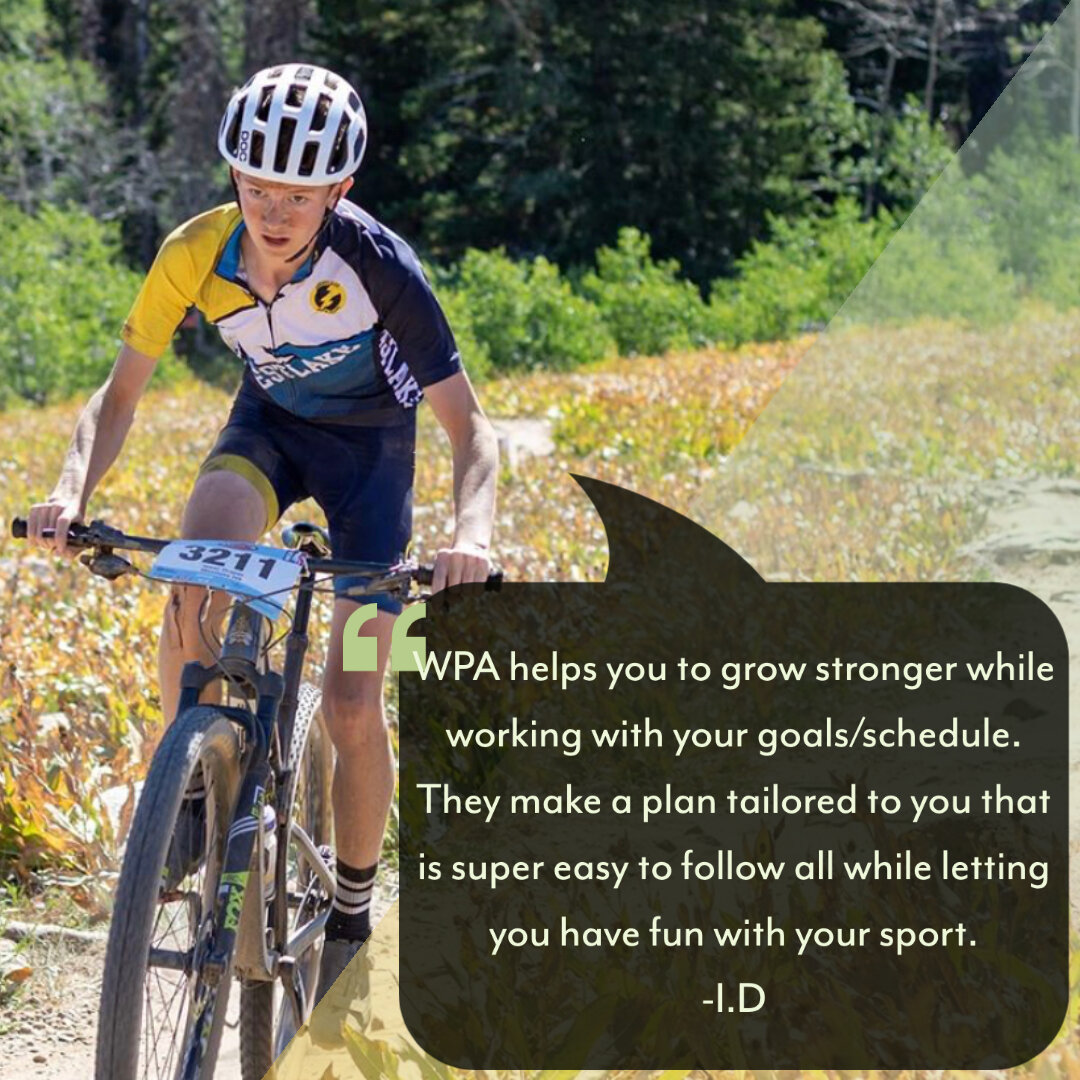by Kyle McFarland
If you’ve been hanging around other endurance athletes for any bit of time, you may have heard them reference their “off season”. But what exactly is an off season? When is an off season? And most importantly, do endurance athletes need an off season?
As endurance athletes, our calendar is typically broken down into four seasons:
Pre-Season - where the base foundation of training will be achieved to prepare you for the training intensity and load of the main season.
Main Season - comprised of a delicate balance of intensity and volume, this is also the meat of your race season where you will be finding the balance between training and racing.
End of Season - follows the main season. This block of time typically includes your final “A-race”, something like Kona, LOTOJA, 70.3 Worlds, or the New York Marathon.
Off Season - follows the finale of your race season. During this time, athletes tend to take a long (4-6 weeks-ish) break from training in an effort to let the body recover and to build psych for the coming training season (Pre-Season).
But is this time off really necessary?
The answer is a firm yes, and also no. It’s true that our bodies absolutely need time to recover after a long season of training and racing. You simply cannot continue to push your body to the limit 365 days a year. This is a recipe for injury and mental burnout. The Off Season is a wonderful opportunity to dial back your training load and give the body a chance to recover. That’s not to say that immediately following you’re A-race you should park yourself on the couch for six weeks and gain thirty pounds. Instead, maybe take two weeks of active recovery, followed by four weeks of structured training with a focus on strength training and technique based sessions.
I often like to think of the human body as an engine, and we spend roughly 9-10 months red-lining that engine. We are constantly pushing it with the hope of going a little further and a little faster. During the off season, we have the opportunity to leave the key in the ignition, fill up with gas and do some much needed maintenance. Odds are that you did very little heavy strength training during the race season, and this is the perfect time to get back in the gym and start building a stronger and more powerful base for the coming pre-season.
What should an off season consist of?
Strength work can be an effective tool to increase power on the bike. Some of my favorite cycling specific off season exercises include deadlifting, squatting (particularly the jump squat), Cuban press, and use of the Ab Roller to strengthen and stabilize the posterior and anterior chain. If used correctly, off season strength work can increase power, comfort, and resiliency on the bike.
I mentioned technique based sessions earlier. The off season is a great time for triathletes to get in the pool, forget about speed, and really hammer out any issues you may have had with breathing and form. Don’t focus on distance, but rather just getting in the pool often with goal-oriented sessions such as developing or focusing on your catch, addressing a weak kick, or even smoothing out your flip turn.
The same can be said for running. The off season is the best time to really dial down both your distance and intensity in an effort to let your body heal and recover. Similar to cycling, this is also a great time to head to the gym and start building a stronger, more resilient base. Drop speed work from your schedule, go trail running with friends, do fun local 5k races, work with your coach to focus on your stride and address any issues with posture. This, combined with your strength training, will be more than enough to carry fitness into the pre season.
Off season training doesn’t need to be about immediate race goals, paces, wattages, etc. Instead, it should be a time of semi-structured recovery, time with your friends and family and taking some time to dial in technique and form. This is also a great time to sit down and talk with your coach and analyze the race season, look at areas for improvement that he/she may have noticed throughout the season and put a plan together to address those issues in the off season and moving into the pre-season to avoid injury or disappointment in the coming race season.
If you want more information on our Endurance Coaching services, or would like to set up a consultation call with a coach click here.




